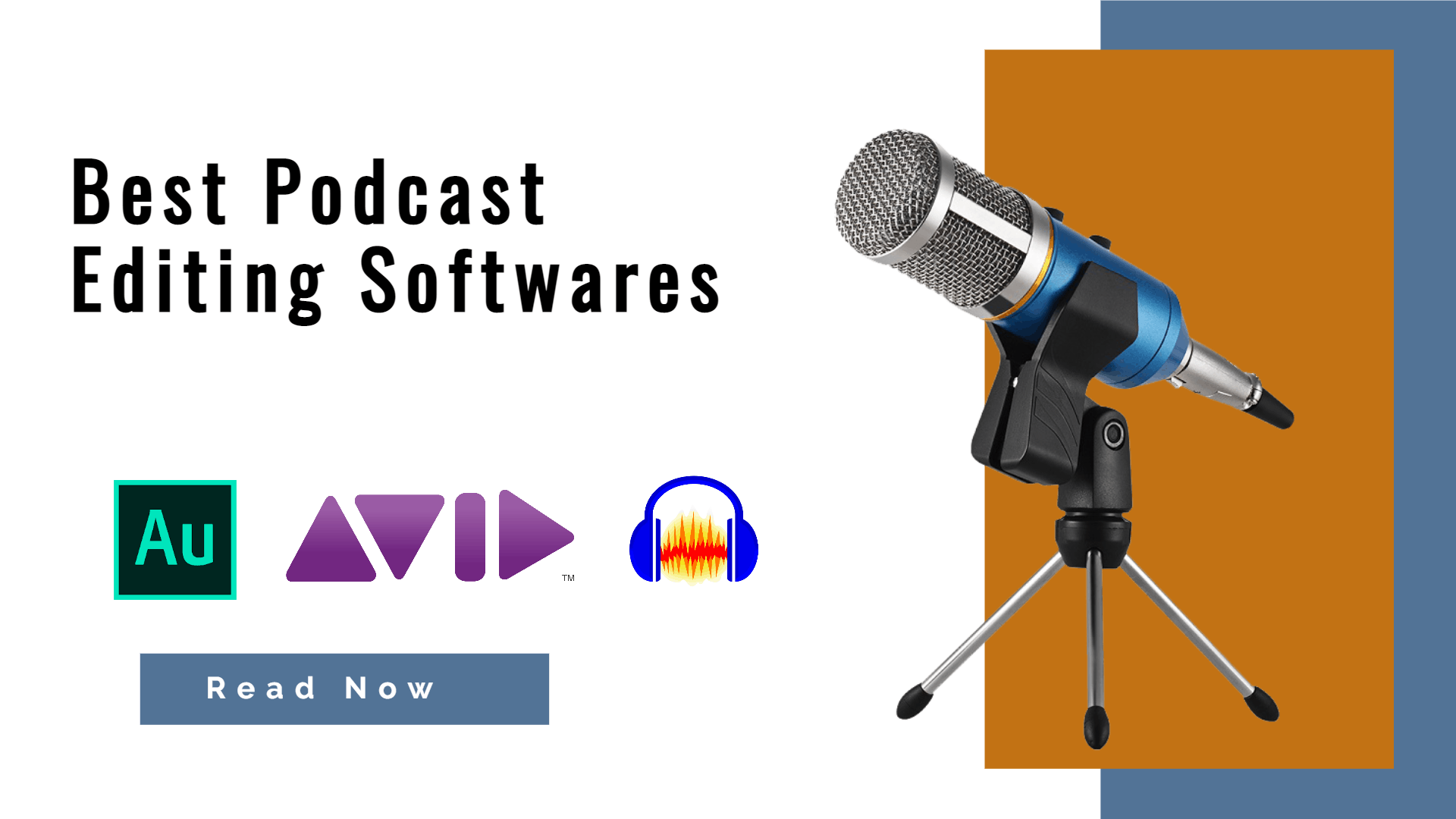Top Audio Editing Software for Podcasters and Musicians (2025) is set to transform how creators produce sound. With a growing demand for high-quality audio content, podcasters and musicians alike are on the lookout for innovative tools that elevate their productions. The landscape of audio editing software is continually evolving, offering diverse features that cater to both novices and seasoned professionals.
This overview will walk you through the best options available, highlighting their unique capabilities and how they can enhance your creative process.
In today’s fast-paced world, where technology is advancing at an unprecedented rate, the importance of understanding and adapting to digital tools cannot be overstated. From social media to cloud computing, the digital landscape is continually evolving, impacting how we communicate, work, and live our daily lives. This article will explore the significance of digital literacy, the various tools available, and the benefits of embracing a digital lifestyle.Digital literacy is the ability to effectively and critically navigate, evaluate, and create information using digital technologies.
It’s not just about knowing how to use a computer or smartphone; it encompasses a range of skills that are essential for success in both personal and professional realms. As we increasingly rely on technology for communication, education, and commerce, being digitally literate is no longer optional—it’s a necessity.One of the primary benefits of digital literacy is improved communication. In a globalized world, being able to connect with others across distances is crucial.
Email, instant messaging, and social media platforms allow individuals to reach out to friends, family, and colleagues in real time. Understanding how to use these tools effectively can enhance relationships, facilitate collaboration, and broaden one’s network. For instance, professionals can leverage platforms like LinkedIn to showcase their skills and connect with potential employers or collaborators.Moreover, digital tools have transformed education.
Online learning platforms—such as Coursera, Udacity, and Khan Academy—provide access to a wealth of knowledge and skills that were previously unavailable to many. This democratization of education enables lifelong learning, allowing individuals to pursue interests and develop new competencies at their own pace. The flexibility of online courses also means that learners can balance their studies with other commitments, such as work or family.In addition to enhancing communication and education, digital tools have revolutionized the workplace.
Remote work has become the norm for many, thanks to advancements in technology. Tools like Zoom, Microsoft Teams, and Slack have made it easier for teams to collaborate, regardless of their physical location. This shift not only allows for greater flexibility but also opens up opportunities for organizations to tap into a global talent pool. However, it’s essential for employees to be proficient in using these tools to maintain productivity and collaboration.Despite the many advantages that come with digital literacy, there are challenges individuals must navigate.
Cybersecurity is a significant concern, as online threats are becoming more sophisticated. Understanding how to protect personal information and recognizing potential scams is crucial. Furthermore, the digital divide remains a pressing issue, with some individuals lacking access to the necessary technology or resources to develop their digital skills. Bridging this gap is vital to ensure that everyone can participate in the digital economy.As we delve deeper into the various digital tools available, it’s worth exploring some specific applications that have gained popularity.
Social media platforms, for example, have transformed how we share and consume information. From Facebook to Instagram, these platforms allow users to connect with others, share experiences, and even promote businesses. However, it’s essential to approach social media mindfully, being aware of the impact it can have on mental health and social interactions.In the realm of productivity, tools like Trello, Asana, and Notion have emerged as invaluable resources for individuals and teams alike.
These project management applications help streamline workflows, set deadlines, and track progress, making it easier to achieve goals. By utilizing such tools, individuals can enhance their organizational skills and improve their overall efficiency.Another area worth noting is the rise of e-commerce. Online shopping has become a staple in many households, with platforms like Amazon and eBay providing convenience and variety.
However, engaging in e-commerce also requires a level of digital literacy, from understanding how to navigate websites to being cautious about online purchasing security. Knowledge of payment systems and digital wallets, like PayPal and Venmo, is also becoming increasingly important in our cashless society.Moreover, the impact of artificial intelligence (AI) on our lives cannot be ignored. AI applications, such as chatbots and virtual assistants, are becoming commonplace in customer service and personal organization.
Familiarizing oneself with these technologies can provide a competitive edge in the job market, as many companies look for candidates who can harness the power of AI to drive efficiency and innovation.The importance of maintaining a balance between digital and real-life interactions is another crucial aspect of embracing a digital lifestyle. While technology can enhance our lives, it’s vital not to let it overshadow face-to-face connections.

Engaging in community activities, spending time with family and friends, and pursuing hobbies offline can help maintain mental well-being and foster deeper relationships.In conclusion, as we navigate the complexities of the digital age, embracing digital literacy and the various tools available is essential. From improving communication and education to enhancing productivity and navigating e-commerce, the benefits of being digitally literate are immense.
However, individuals must also remain vigilant about the challenges that accompany this digital transformation, such as cybersecurity concerns and the digital divide. Ultimately, finding a balance between our digital and offline lives will lead to a more fulfilling and successful existence in this ever-evolving landscape. By investing in our digital skills and remaining adaptable, we can ensure that we are prepared for whatever the future holds.



